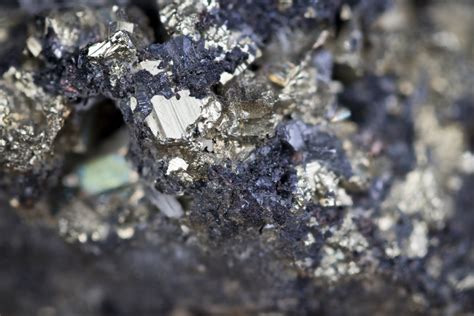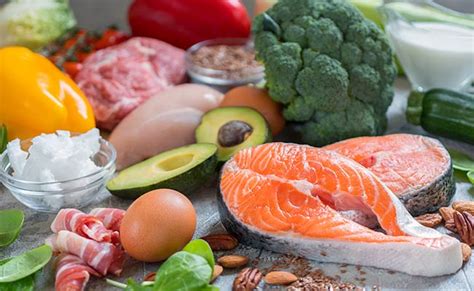Which specific micronutrient is particularly crucial for supporting healthy sperm production and male fertility?

In the intricate dance of human reproduction, every element plays a vital role. While broad aspects of health like diet and lifestyle are often discussed, the specific impact of micronutrients—vitamins and minerals—on male fertility is frequently underestimated. For men striving to support optimal reproductive health and sperm production, understanding which specific nutrients are critical can make a significant difference.
The Unsung Hero: Zinc
Among the array of essential micronutrients, one stands out as particularly crucial for male fertility: Zinc. This trace mineral is indispensable, involved in over 300 enzymatic reactions in the body, many of which are directly related to male reproductive function and health.

Zinc’s Multifaceted Role in Sperm Health
Zinc contributes to male fertility in several profound ways:
- Testosterone Production: Zinc is fundamental for the synthesis of testosterone, the primary male sex hormone. Adequate testosterone levels are essential not only for libido but also for driving spermatogenesis—the process of sperm formation in the testes. Low zinc levels have been directly linked to decreased testosterone.
- Spermatogenesis and Sperm Quality: This mineral plays a key role in the development and maturation of sperm cells. It is involved in cell division and protection against DNA damage. Studies have shown that sufficient zinc intake can improve sperm count, motility (their ability to swim), and morphology (their shape and structure).
- Antioxidant Protection: Sperm are highly susceptible to oxidative stress, which can damage their DNA and impair their function. Zinc acts as a powerful antioxidant, helping to neutralize free radicals and protect sperm cells from this damage, thereby preserving their integrity and viability.
- Prostate Gland Health: High concentrations of zinc are found in the prostate gland, where it is vital for its normal function and protection against inflammation and disease. A healthy prostate is crucial for producing seminal fluid, which transports and nourishes sperm.

Signs of Deficiency and Dietary Sources
Zinc deficiency can manifest in various ways, including impaired immune function, delayed wound healing, and, significantly, reduced fertility in men. Given its critical role, ensuring adequate intake is paramount.
Excellent dietary sources of zinc include:
- Red Meat: Beef, lamb, and pork are rich sources.
- Shellfish: Oysters are exceptionally high in zinc; crab and lobster also provide good amounts.
- Legumes: Chickpeas, lentils, and beans.
- Seeds: Pumpkin seeds, sesame seeds, and flaxseeds.
- Nuts: Cashews and almonds.
- Dairy Products: Milk, cheese, and yogurt.
- Eggs: A moderate source of zinc.
- Whole Grains: Oats, quinoa, and brown rice.
While zinc supplements are available, it’s generally recommended to obtain nutrients from a balanced diet first, consulting with a healthcare professional before starting supplementation to avoid excessive intake, which can lead to other health issues.

Beyond Zinc: Other Supportive Micronutrients
While zinc takes center stage, it’s important to acknowledge that male fertility is a complex issue influenced by a synergy of nutrients. Other micronutrients that play significant supportive roles include:
- Selenium: An antioxidant that improves sperm motility and morphology.
- Folate (Vitamin B9): Important for DNA synthesis and repair, influencing sperm quality.
- Vitamin C and E: Powerful antioxidants that protect sperm from oxidative damage.
- L-Carnitine: Essential for sperm energy metabolism and motility.
A comprehensive approach to male fertility naturally involves a nutrient-rich diet that supplies a broad spectrum of vitamins and minerals.

Conclusion: A Holistic Approach
In conclusion, while various factors contribute to male reproductive health, zinc emerges as a particularly crucial micronutrient for supporting healthy sperm production and overall male fertility. Its integral role in testosterone synthesis, spermatogenesis, and antioxidant defense makes it a cornerstone of a fertility-friendly diet. By prioritizing zinc-rich foods and maintaining a balanced nutritional intake, men can proactively support their reproductive health and enhance their chances of conception. As always, for personalized advice, consulting with a doctor or a registered dietitian is recommended.









